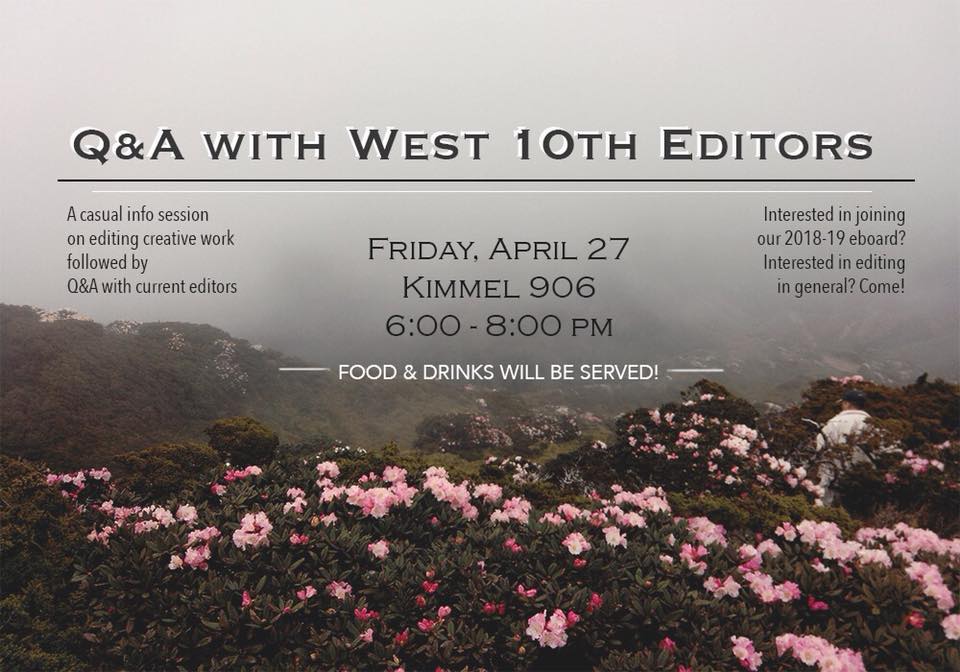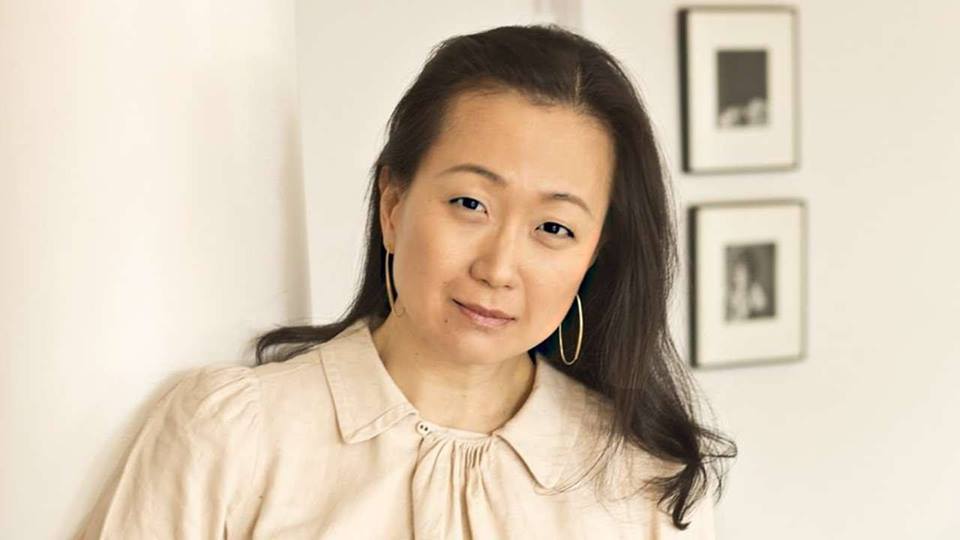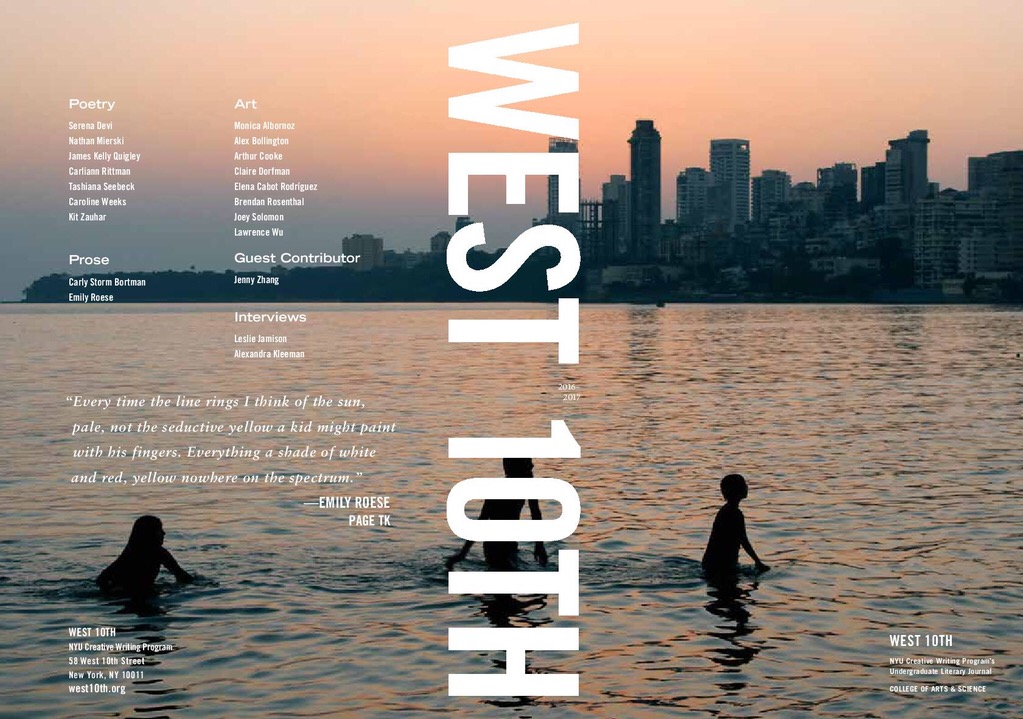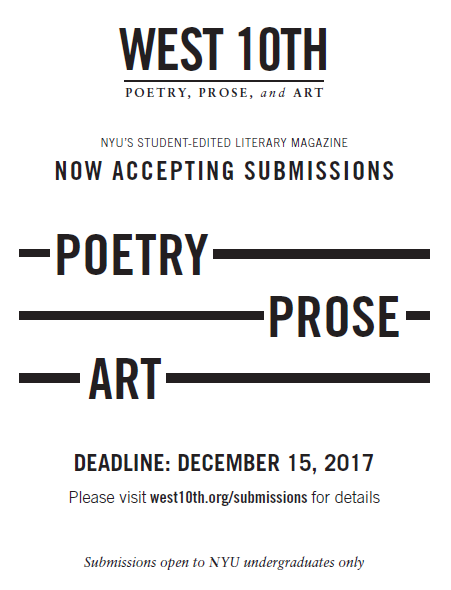When you told me, “You’ll love it there,” I didn’t believe you, though I have come to find that you are nearly always right. I didn’t notice that you never said “we” or “I,” but back then I didn’t notice a lot of things I should have.To be honest, I can’t remember it clearly, the day your life was reduced to a little carry-on that trailed behind us. It was the day you grabbed my little hand and steered me away from your life so we could start mine. I can imagine what happened though, from the scene that repeated each year after short trips back home. By home I mean your home, as I think you liked to believe it was not fully mine. You wanted me to find a home away from the bustling city, where overpopulation made everything a fight: a fight for the best grade, job, house, parking spot, or even the last seat in the little subway trains that snaked beneath and between the towering blocks of concrete. I’m thinking you wanted me to have a childhood, and expose myself to an environment where I could choose to be anything, or nothing, rather than enter the frenzy of forced learning evident in a small country caught between China and Japan and under pressure to prosper. Or maybe I’m being too analytical, and maybe you yourself wanted an escape (from what?). But you never wanted anything for yourself, so I don’t know.What I am trying to say is that you probably walked though the gate without ever looking back, while I waved and cried enough for the both of us. You didn’t cry because you didn’t want to add to the wet chaos. You would have been the picture of bravery as you led me away and I asked why we had to leave Daddy behind and you said he was working to make this all possible for us, and I didn’t understand you because I was a soon-to-be seven-year-old who couldn’t quite grasp the concept of self-sacrifice. You probably smiled down at me as we left the country of your birth, childhood, adolescence, marriage, family, culture, and language. I probably scowled back.I can tell you what I do remember though, once we arrived in the city of sails and the land of the long white cloud — Aotearoa, say it with me, don’t you love the way it sounds like skipping stones before it escapes your tongue? I remember the blue, blue sky, which I only now realize hangs a lot closer to earth than in any other place I’ve been to, as if eager to meet its reflection in the sea. I remember the smell of salt or chlorinated pool water, never quite washed away because I always begged to go swimming and you never refused me anything even though you always warned me about catching a cold. I remember the slow car rides along empty roads and past low-lying houses that were so different from the apartment complexes I was used to. You used to wake me up in the morning and I would sit in the car half-asleep as you practiced driving on the wrong side of the road.A ten-minute drive in any direction led us to a beach, and it was the most magical thing in the world because the only time I had seen a real beach before then was after a five-hour battle through traffic. I remember the empty beaches, except on those especially sunny weekends that everyone spent like vacations, stretching the warm lazy afternoons to eternity before dragging their grass-stained bodies home, dreading work or school or life that was to begin again. Sometimes though, you drove me to the beach after school and I stood in the sand, alone. All that reminded me that I wasn’t on some lost island all by myself were the footprints in the sand and then your call, from far away, where you also stood lonely facing the waves.I remember the Pohutukawa trees that lined these beaches and I remember seeing the spiky red flowers that were nestled in the leaves like Christmas bulbs for the first time. I remember our first Christmas in the middle of summer and thinking this was the place of fairytales where anything could happen; Santa came dressed in a singlet and wellies. Dad wasn’t there to bring out the hidden presents and organize them in the dark, like that one time I caught him but never mentioned. You still bought a little Christmas tree. I still received my presents. I remember how we had a garden for the first time and I used to run barefooted in the soft grass and I would bike and dig for endless afternoons as the memory of piano lessons and workbooks faded away, back across the ocean to that other place.I could go on about what I remember, and I want to because now that I’ve left the place I’m scared of forgetting and I don’t want to forget. I don’t want to forget bushwalking and climbing trees and spotting native birds and trying to copy their distinct calls. The rounds of hide-and-go-seek in the trees where every trunk was a place to hide behind and the rope swing behind my best friend’s house tied to a plum tree and the blue striped hammock you bought me one summer—why does it feel like it was always summer? —that I put up myself and lay in for no more than a few minutes at a time because I never liked being still. The little cliff on Marine Parade where I used to jump from, straight into the rising waves, and the array of cuts and bruises I would collect by the end of the day that I wore proudly like badges. I want to remember all of these things.You see, I remember paradise. You remember it differently.You probably remember the first day of school as you pulled away my fingers that were wrapped in the bunched fabric of your skirt. You remember me shaking my head as you gently asked if I was excited for the first day of school, and then wondering how I would survive not knowing a word of English. I remember you with my new teacher as an expression of annoyance briefly crossed her face when she realized I was more work because I couldn’t speak the language, and you struggling to hide your embarrassment as you tried to gesture towards me and told the teacher, “P-please… be good.” You probably remember how you felt as you drove back in an unfamiliar car along an unfamiliar road to an unfamiliar home, so you could wait there until you could pick me up from school. You probably remember dropping me off to a friend’s house and returning home so you could press a phone to your ear and tell your friends back in your real home how yes, it was wonderful here, the people were so nice, they smiled and said hello on the streets and you were so grateful I was settling in well. You probably remember what you felt as you put on a Korean mixed tape in the car stereo and how I would surprise you and open the car door and catch you listening to old sad songs, which you would turn off so I could tell you about my day.I don’t remember this because I wasn’t there for you, but you probably remember the day you were sitting in the car, waiting for me. You were always waiting for me. You were probably listening to old Korean songs again, reminding yourself of past fantasies about handsome singers when you had been young and foolish and full of dreams like you wanted me to be. There would have been a knock on the glass and you would have opened your eyes. A group of teenage boys would have met your gaze and your heart would have dropped as there was another sharp knocking sound and the pebble rolled down the front of the windscreen. You probably can’t remember the series of unfamiliar English words they shouted at you as they threw their stones because you simply did not understand them, and I would like to say it was better you did not understand but it hurts more to think you couldn’t even tell what they were saying about you, other than the few words that caught your ear, “Asian,” and “go back,” as if you didn’t want to go back and as if you didn’t cry behind closed doors where I would stand listening to your muffled sobs. You probably imagined getting out of the car and scaring the little boys away with all the Korean swear words you knew but instead, you drove away trembling and parked elsewhere. The car was fine. You must have wiped your tears, realized I would be coming to find you when school was over, and put on a smile like you always do, which is why I didn’t know.I’m sorry I don’t remember this, that I don’t remember what you felt as you watched my life go by just the way you wanted, happy, because you never told me. You never told me how it felt to lie and tell me—when I was slighted for my foreign face, so like yours, when the other kids wouldn’t let me play teacher and only the student because I sounded different, when I was told I shouldn’t write because it wasn’t my language to write in and because I had a strange name and when I asked you if that was true —that the world was accepting and we were welcome here, that we were welcome wherever we wanted to go and I could do whatever I liked. You never told me how you were scorned like a child and how alone you felt and how I would be the only person you talked to for days because no one else understood you there. You never told me how you felt when I had to translate for you. When your blush betrayed your calm silence. I don’t blame you, and knowing you I wouldn’t be surprised if you were simply grateful I hadn’t been there in the car and grateful that ultimately, I did love it there like you promised me I would. You are always so grateful for the silliest things, when it’s not you who should be. I think maybe I knew without you telling me, but I didn’t want to and that’s why when you mentioned going back I would throw a tantrum and you would pretend it was just a passing thought. You couldn’t even stay mad at me and how selfish I was because I was all you had.The sunlight filled the windows of our empty house and you crouched by your open suitcase, heaving your small shoulders—you seemed to have shrunk since the last time you had to pack the remains of your life away. We sat where our couch once stood, where the dents in the carpet had yet to fade away, trying to comprehend that we would never return again and that finally, years and years later, you could return home from your voluntary exile. You suddenly turned to me and told me about that one afternoon, the car, the boys, and the stones. I remember that you finally cried, and I finally, finally, cried with you.



 Come pick up the latest issue of West 10th at our launch party tonight with Min Jin Lee! We are proud this year to host this event as part of the Pen World Voices Festival.
Come pick up the latest issue of West 10th at our launch party tonight with Min Jin Lee! We are proud this year to host this event as part of the Pen World Voices Festival.

 You're in luck! West 10th, NYU's undergraduate creative writing journal, is now accepting submissions for its 2017-2018 issue until December 22, 2017. We figured you were all so busy with finals that it cut down on your editing time, so we've got you covered! Perfect those pieces, add the last finishing touches, and send them over! Let the world see what you've been working on all semester.Ready to submit now? Check out the
You're in luck! West 10th, NYU's undergraduate creative writing journal, is now accepting submissions for its 2017-2018 issue until December 22, 2017. We figured you were all so busy with finals that it cut down on your editing time, so we've got you covered! Perfect those pieces, add the last finishing touches, and send them over! Let the world see what you've been working on all semester.Ready to submit now? Check out the 